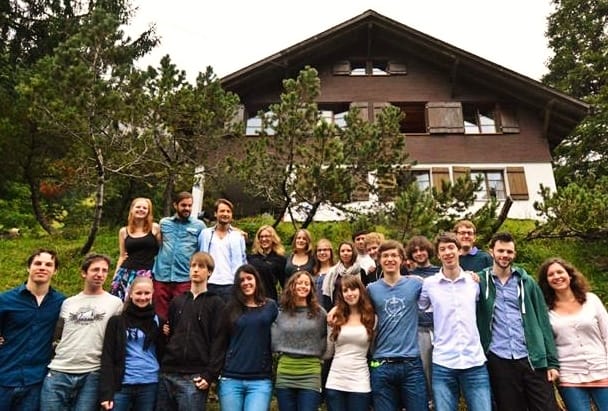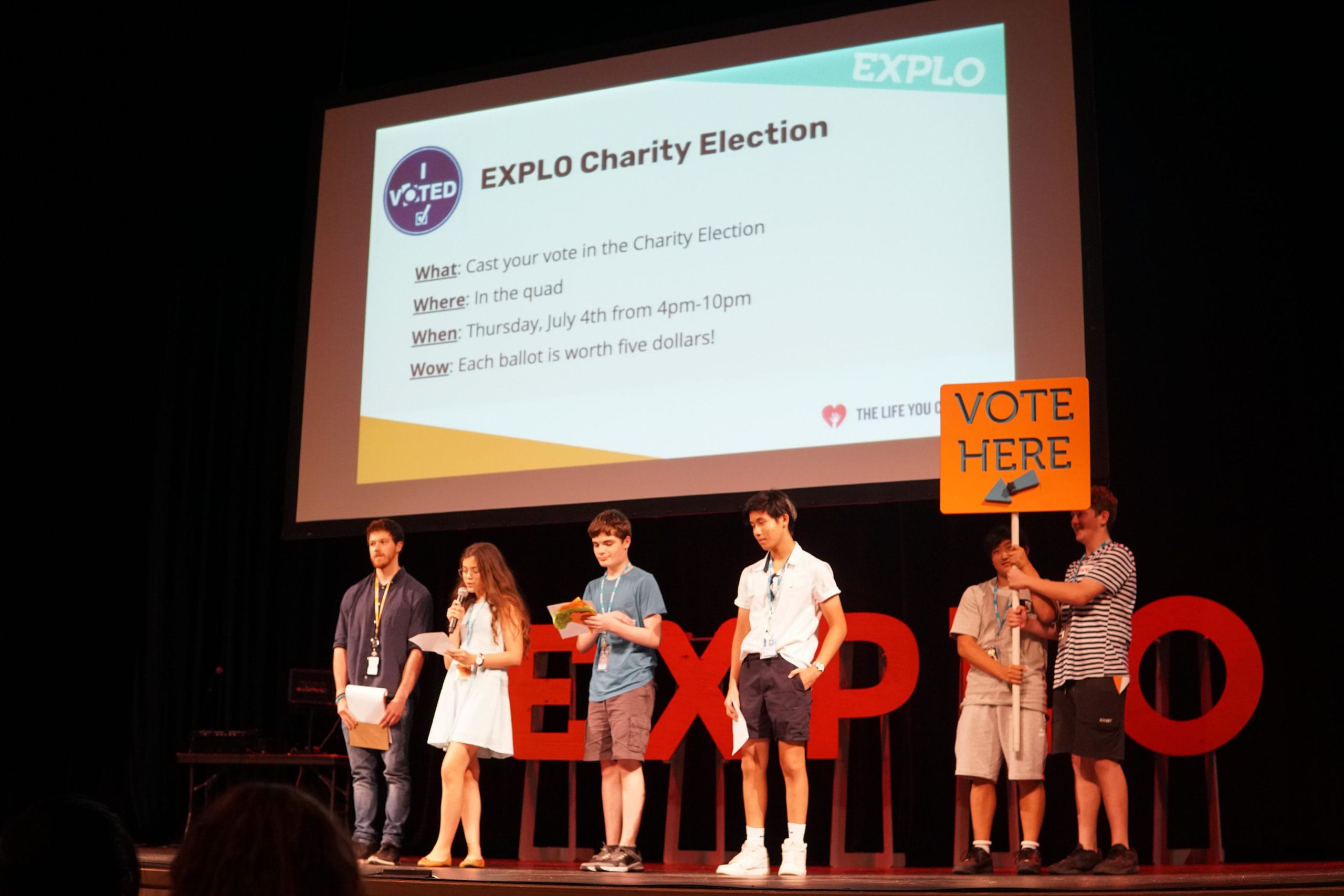
Two main takeaways from this camp:
- "Wow, the effective altruism movement is getting really big!"
- "Wow, the effective altruism movement is still really small!"
Considering that the term “effective altruism” was coined less than two years ago, I’m excited to have joined 150 other people at three effective altruism camps around the globe this year, and to know that there are hundreds, perhaps thousands, of others identifying as “effective altruists” whom I have yet to meet. The last of the three camps took place in Switzerland last weekend, and I found it just as inspiring as the other two. Around 30 people – mostly from Switzerland but also from the UK, Ireland and Canada – gathered in a ski resort to share talks on effective altruism and generally have a good time. It was great fun, and amazing to find out more about what the Swiss community has achieved so far and where it is heading (more on that below).
But we really are very small, from a global perspective. The talk that stood out for me was the one about the spread of new ideas and technologies (or “Diffusion of Innovations”), because it brought us back down to earth by highlighting the fact that a movement doesn't start to take off in a relatively self-sustaining manner until it has reached roughly 10% of a social system. Now, even making the very optimistic assumption that the number of people who have taken our pledge equals the number of self-identifying effective altruists in the world, and assuming that our target social system is the world's richest billion people, the effective altruism movement would currently be at just over 0.00001%. That’s quite a long way off 10%…so let’s get to work!
Still, I remain encouraged by the growth of the movement so far and optimistic about the years to come. The Swiss community alone is impressive. Probably their biggest success to date was managing to briefly ban meat from their university cafeteria, generating 150 national newspaper articles and a talk show appearance. (Incidentally, I've noticed a stronger focus on animal activism among effective altruists in Switzerland and Sweden than in the English-speaking world.) They have established Giving What We Can Switzerland, Giordano Bruno Stiftung Schweiz, frei denken uni basel, three THINK chapters, the Foundational Research Institute and, this summer, an organization to connect them all together called Effective Altruism Switzerland. To any Swiss readers not yet involved with this community, I encourage you to get stuck in! They’re a wonderful crowd with lots of opportunities for volunteering.
Some other features of the Swiss camp:
- I delivered a presentation about The Life You Can Save and co-presented about the other two effective altruism camps that happened this year.
- We also heard about 80,000 Hours – an ethical careers advice service, somewhat notorious for their claim that it can be more ethical to be a banker than a doctor – and Effective Fundraising – the result of a suggestion that you could create the world’s most effective charity by setting up an organization that simply fundraises for top charities.
- There were also talks on uncertainty vs. risk, empiricism vs. rationalism, personal identity, volunteering opportunities for Swiss effective altruists (see above) and wild animal suffering.
- We watched a fantastic video of the Harvard neuroscientist and philosopher Joshua Greene talking about when to trust your moral intuitions and when to think more carefully about what the right thing to do is.
- We also had a lot of fun playing games, singing, dancing and hiking.
- The funds for this trip were a gift from my late grandfather, so I wanted to give a shout-out to him. Thank you, Grandpa! It was a wonderful experience and I hope there are many more to come!



